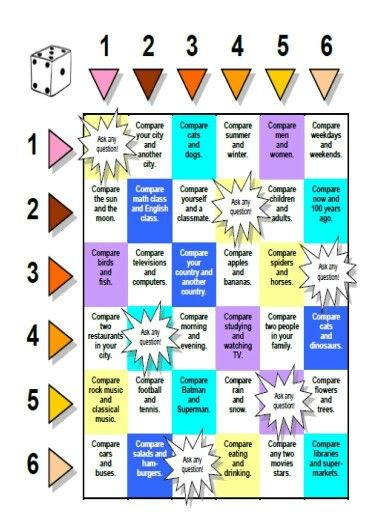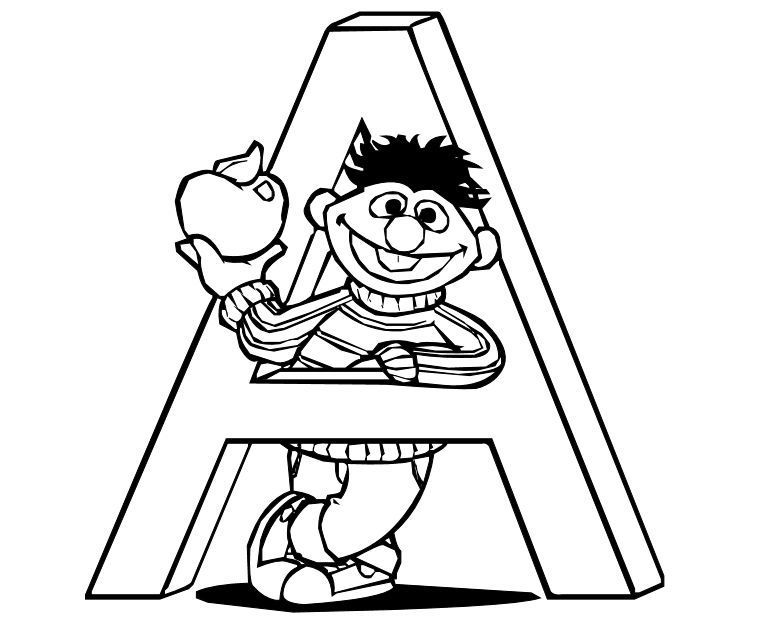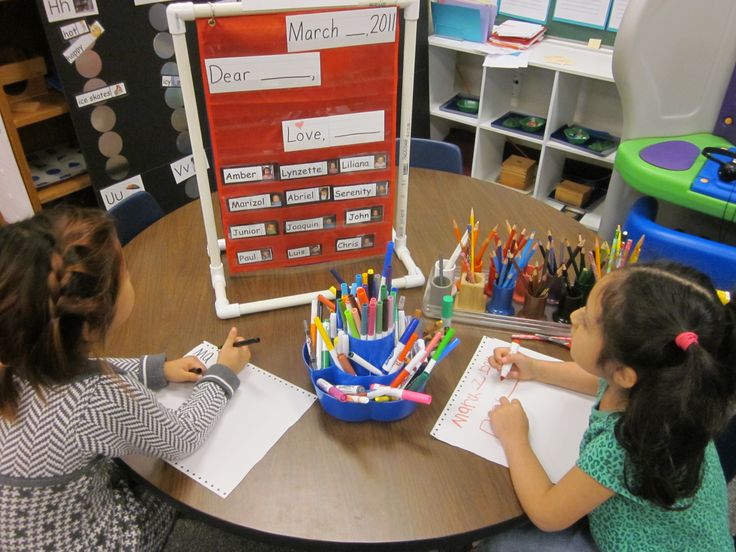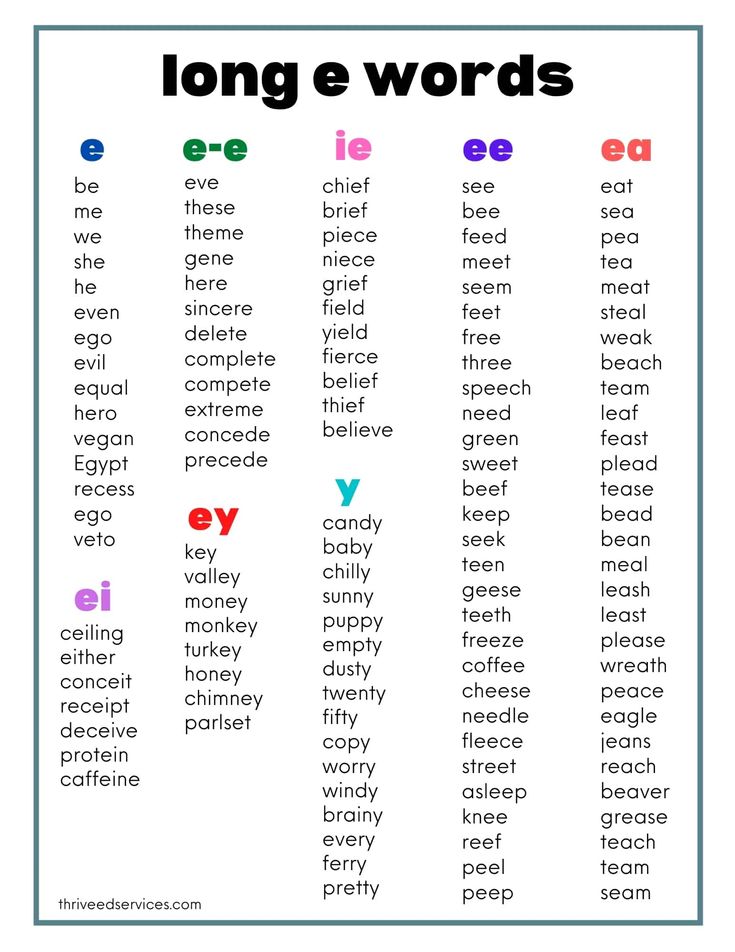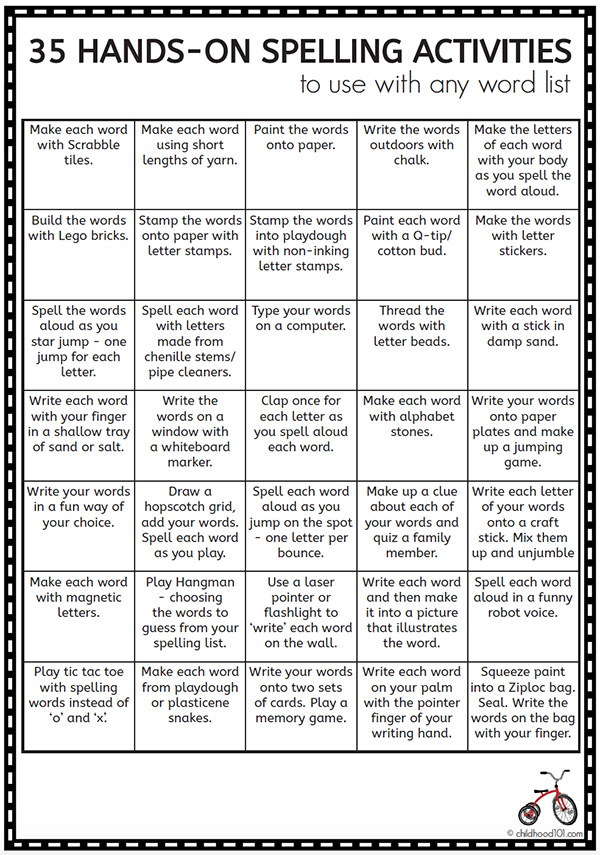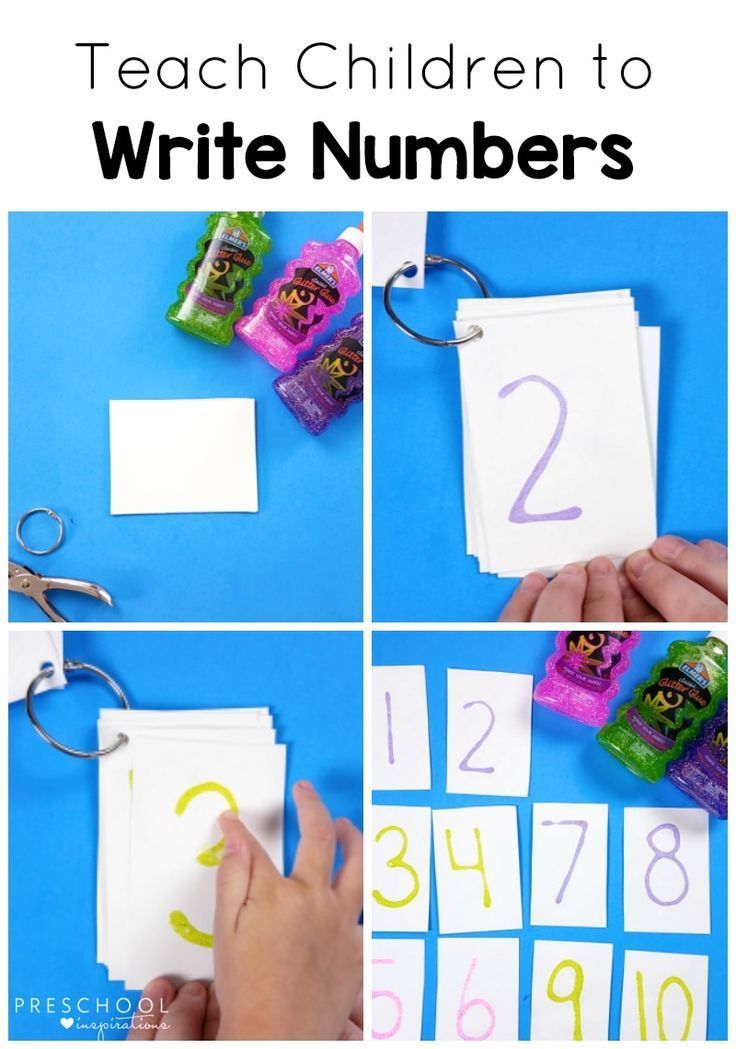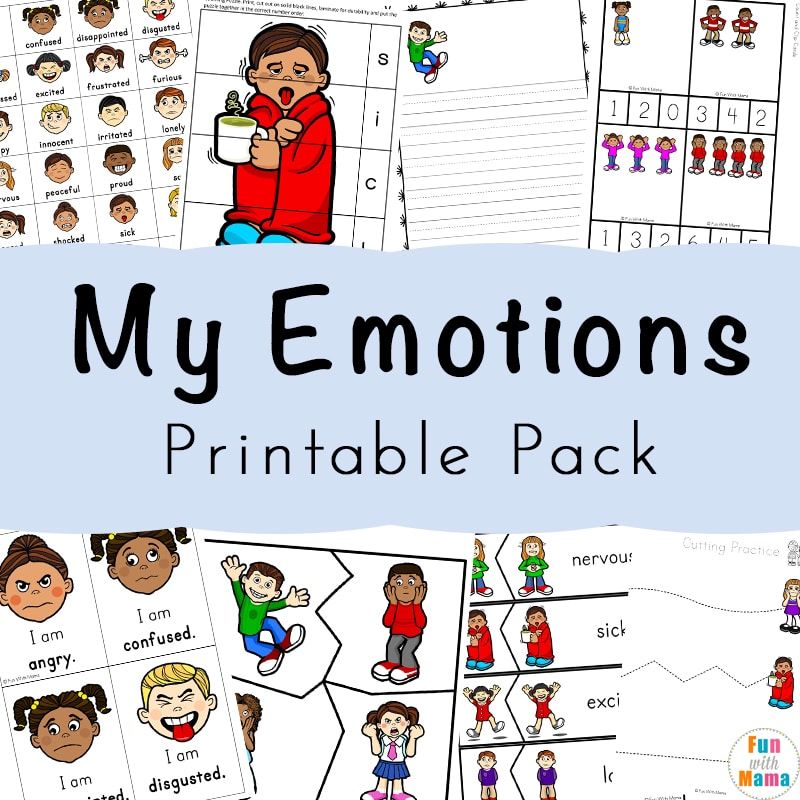Words rhyming with lives
132 Words that rhyme with lives for Songwriters
CHORUS
Top rhymes for songwriters
Filter by number of syllables
Songwriting rhymes for lives
These rhymes are specially chosen by our unique songwriting rhyming dictionary to give you the best songwriting rhymes.
- things
- with
- this
- give
- years
- wish
- kiss
- kids
- miss
- lips
- since
- fears
- wings
- rings
- kills
- ears
- forgive
- brings
- sins
- strings
- begins
- drinks
- pills
- gives
- hills
- hits
- thinks
- bills
- kings
- chills
Get instant rhymes with the Chorus app
Perfect rhymes for lives
- gives
- knives
- fives
- drives
- wives
- hives
- ives
- maldives
- derives
- archives
- chives
- dives
- gyves
- housewives
- vives
- thrives
- strives
- arrives
- midwives
- alewives
- jives
- stives
- rives
- gonaives
- sieves
- survives
- afterlives
- deprives
- shives
- revives
- forgives
- outlives
To see our full selection of genre-specific rhymes, triggers that get your creativity flowing, and next line suggestions from our incredible A. I. assistant, sign up to Chorus today.
Near rhymes for lives
Near rhymes work great for songwriting, often giving a more interesting feel than perfect rhymes.
- is
- things
- with
- this
- if
- his
- give
- years
- wish
- kids
- kiss
- miss
- lips
- since
- fears
- wings
- its
- rings
- fix
- six
- kills
- ears
- brings
- begins
- sins
- strings
- forgive
- pills
- drinks
- hills
- hits
- thinks
- bills
- kings
- chills
- fingertips
- hips
- piss
- disappears
- bliss
- kicks
- fish
- fifth
- mix
- sticks
- tricks
- fills
- sings
- wins
- cheers
- clears
- thrills
- spills
- relationships
- swish
- fits
- trips
- bricks
- slips
- skills
- winds
- pins
- twins
- bins
- violins
- politics
- prince
- sits
- glimpse
- convince
- chips
- wits
- pierce
- sniff
- cliffs
- ships
- exists
- gifts
- lifts
- sinks
- dismiss
- chicks
- rinse
- clicks
- pricks
- tits
- apocalypse
- appears
- limbs
- springs
- ills
- bids
- hymns
- builds
- lids
- gears
- spears
- spins
- rims
- clings
Want to know what rhymes with lives?
When you're writing a song, rhyming words are as important as melody and lyrics
Some songs can get by with just a hook, but true hit records use creative rhymes to create interesting lyrical hooks and melodies
But there's two catches when it comes to rhyming words
The first catch is obvious--there are no hard and fast rules concerning what sounds good in rap music, country music, rock n' roll, etc
But the second catch keeps songwriters from getting the right rhymes: finding "themes" or rhyme families that naturally sound like certain genres of music while avoiding others
The problem with most rhyming dictionaries is they're not targeted to your specific genre of music! Even if they have themes you need, they don't give you enough variety to be truly useful.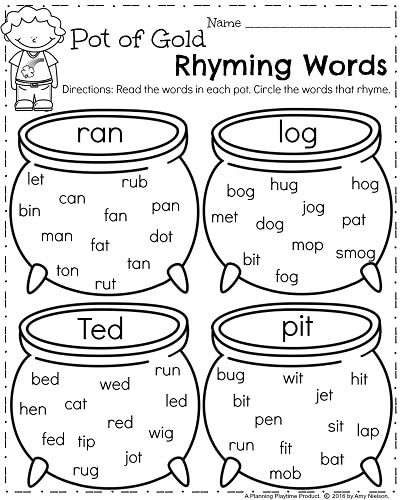 With Chorus, we find you only those rhymes which are useful for songwriters, so you know that the words we give you are singable and work for the genre you're writing in
With Chorus, we find you only those rhymes which are useful for songwriters, so you know that the words we give you are singable and work for the genre you're writing in
This is just a sample of the creative tools you can find in the full version of Chorus. The full version has more writing styles, more ways to edit your work, and more fun for creative writers!
To see our full selection of genre-specific rhymes, triggers that get your creativity flowing, and next line suggestions from our incredible A.I. assistant, sign up to Chorus today.
Create your songbookchives, dives, drives, five's, fives,...
Pure Rhymes – 20 rhymes
Words that have identical vowel-based rhyme sounds in the tonic syllable. Moreover, that tonic syllable must start with a different consonantal sound.
chives
dives
drives
five's
fives
hives
knives
rives
shives
strives
thrives
vives
wives
arrives
deprives
derives
revives
survives
Gonaives
Ives
End Rhymes – 5 rhymes
Words that have a pure rhyme on their last syllable only.
alewives
archives
housewives
midwives
Maldives
Near Rhymes – 1703 rhymes
Words that "almost" rhyme on the vowel-based rhyme sound of the stressed syllable like: be/eat or maybe/shapely.
dive
drive
five
hive
jive
live
shive
strive
thrive
vive
alive
arrive
connive
contrive
deprive
derive
revive
survive
sixty-five
sixty five
eighty-five
Clive
Clyve
I've
- eat someone alive
- know one is alive
- look alive
- sakes alive
- skin alive
- skin someone alive
- crash dive
- go into a nose dive
- into a nose dive
- take a nose dive
- line drive
- take five
- live and let live
ay
aye
bae
bi
buy
by
bye
cai
chai
chi
cry
cy
di
die
dry
dye
eye
fae
fi
fly
fry
gae
guy
hi
high
hy
i
lie
ly
lye
mai
mei
my
nie
nigh
nye
pi
pie
ply
pri
pry
psi
pye
rye
shy
sigh
sky
sly
spry
spy
sty
sy
tae
tai
thigh
thy
tie
tri
try
ty
tye
vi
vie
why
wry
wye
y
ai
alai
ally
apply
awry
belie
bely
bonsai
comply
decry
defy
deny
goodbye
hereby
imply
nearby
rely
reply
retry
standby
supply
thereby
untie
vi
whereby
retie
misapply
overfly
resupply
sai
semidry
underlie
underly
apple pie
oversupply
wy
Altai
Bligh
Bly
Brunei
Chae
Chiengmai
DWI
Dai
Drye
Dubai
Dupuy
Frei
Frye
Jai
July
Kai
Kwai
Lai
Mistry
Ngai
Phi
Pty
Shanghai
Thai
Tsai
Versailles
French fry
- go awry
- abide by
- by and by
- come by
- do well by
- get by
- give the go by
- go by
- lay by
- pass by
- put by
- set great store by
- set store by
- sit by
- squeak by
- stand by
- stop by
- swear by
- what's by
- by the bye
- far cry
- hue and cry
- cross one's heart and hope to die
- do or die
- never say die
- hang out to dry
- high and dry
- keep your powder dry
- leave high and dry
- run dry
- watching paint dry
- apple of one's eye
- apple of your eye
- better than a stick in the eye
- black eye
- blink of an eye
- catch one's eye
- discerning eye
- eagle eye
- eye for an eye
- get a black eye
- get the eye
- give one the eye
- give the glad eye
- half an eye
- have an eye
- hit the bull's eye
- in one's mind's eye
- in the eye
- in the public eye
- in the twinkling of an eye
- meet one's eye
- more than meets the eye
- mud in your eye
- not bat an eye
- out of the corner of one's eye
- private eye
- red eye
- see eye to eye
- shut eye
- to the eye
- turn a blind eye
- twinkling of an eye
- weather eye
- bar fly
- feathers fly
- make the feathers fly
- on the fly
- pigs might fly
- pop fly
- sacrifice fly
- will never fly
- French fry
- bigger fish to fry
- fish fry
- other fish to fry
- small fry
- something goodbye
- fall guy
- nice guy
- wise guy
- flying high
- knee high
- riding high
- let sleeping dogs lie
- the big lie
- white lie
- easy as pie
- eat humble pie
- finger in the pie
- have a finger in the pie
- sweetie pie
- once bitten, twice shy
- bear in the sky
- out of a clear blue sky
- pie in the sky
- reach for the sky
- on the sly
- in short supply
- hog tie
- old school tie
- old college try
chimes
climbs
climes
crime's
crimes
dime's
dimes
limes
primes
rhymes
rimes
time's
times
sometimes
Grimes
- at times
- behind the times
- sign of the times
"Go Pro" to see the next 39 near rhyme sets.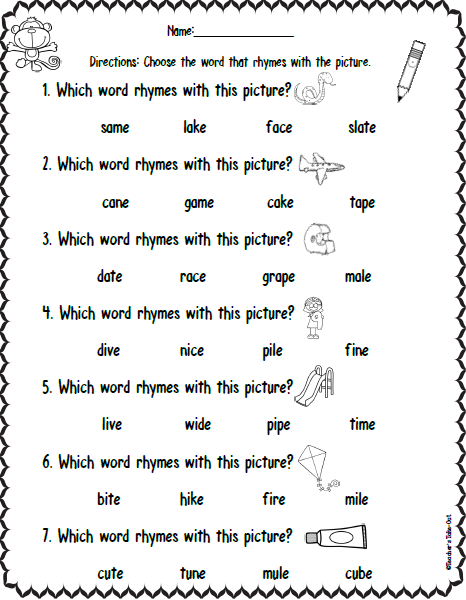
Click here to "Go Pro"
Mosaic Rhymes
Rhymes made up of more than one word. For instance, "jealous" and "tell us" or "shaky" and "make me."
One-syllable words do not have mosaic rhymes.
SOUNDS, RHYMS, FORMS... | Science and Life
Nikolai Shulgovsky (on the right, penultimate in the first row) - student of St. Petersburg University, 1908 (published for the first time).
View full size
‹
›
Rhymes, that is, consonant endings of words, play an important role in versification. Rhyme is an important formative element in verse and its special sound beauty. In addition, the sounds of speech themselves play an important role in the poem, for example, to depict some sound phenomenon in life and nature. There are even special (onomatopoeic) words that either literally imitate the natural phenomena they denote by sounds, or express them conditionally. The first group includes such words as, for example, buzz, whistle, whistle, crunch, crunch, howl, howl, etc.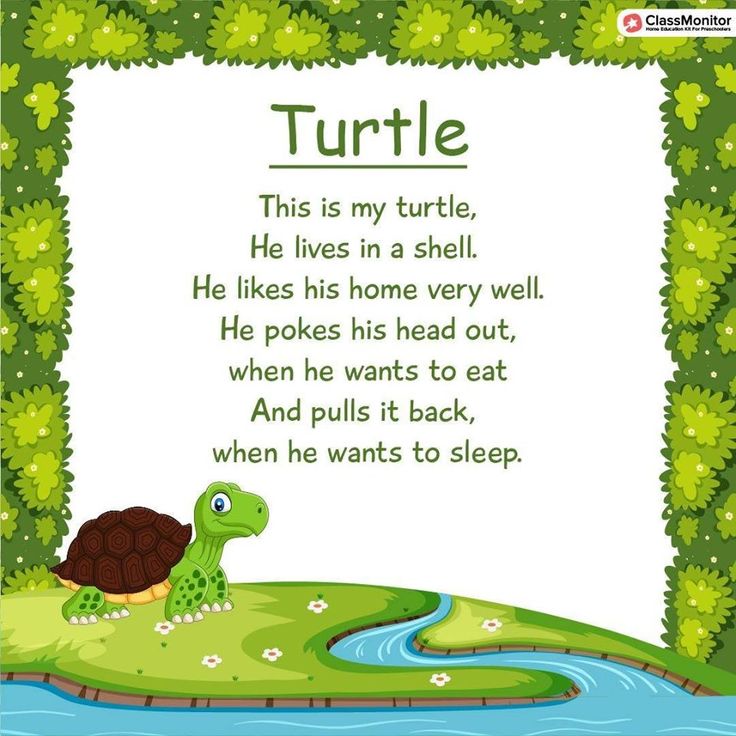 The second group includes conditional ones, for example: ah! Alas! Oh oh oh! ouch! Oh! ha, ha, ha! hee, hee! ding, ding, ding! etc., similar to exclamations issued by people on appropriate occasions, or to the sounds of known objects. nine0003
The second group includes conditional ones, for example: ah! Alas! Oh oh oh! ouch! Oh! ha, ha, ha! hee, hee! ding, ding, ding! etc., similar to exclamations issued by people on appropriate occasions, or to the sounds of known objects. nine0003
But, in addition to special words and by combining ordinary ones, such combinations of sounds can be obtained that more or less closely express any natural sounds.
Of course, in verse it is necessary to avoid ugly, any whistling, hissing, etc. consonances. It would be strange if a verse declaring love were built on a whistle or a buzz, or a poem depicting evening calm would be full of growling sounds. When this is done by accident, through an oversight, then this is a mistake in the verse. But sometimes a "mistake" can be - under special conditions and with a special plan - turned, on the contrary, into a virtue. Some ugly and unacceptable combinations of sounds in a verse can sometimes be used as a special artistic device. This is the case with onomatopoeia .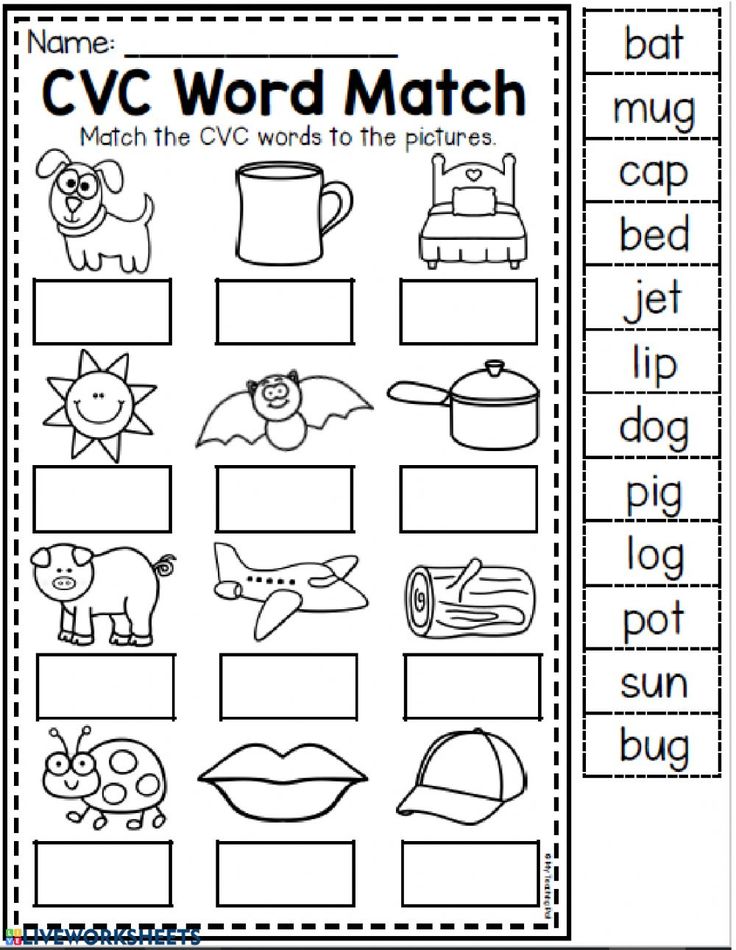 It is often found in high poetry, for example:
It is often found in high poetry, for example:
1) In the sounds of verse - Alexander Sumarokov's frogs croak like this:
Oh, how, oh, how can we not speak to you, to you, gods!
Fyodor Tyutchev writes that the storm "lashes, whistles and roars."
2) In the very rhythm of the verse - the speed of horse running is conveyed in the poem by Leonid Semenov:
We raced on horseback,
The wind tore and metal,
Played in horse manes,
Flooded in deserted fields.
3) The same run in the poem by Konstantin Balmont:
Red horses, red horses,
red horses are my horses.
Their manes are bright, their twists curl,
fiery explosions, neighing in oblivion...
Ivan Krylov with the following viscous dimensions conveys the slowness of the movement of a large heavy carriage:
In July, in the heat, at midday
Loose sands, uphill
With luggage and with a family of nobles
Four sobs dragged along.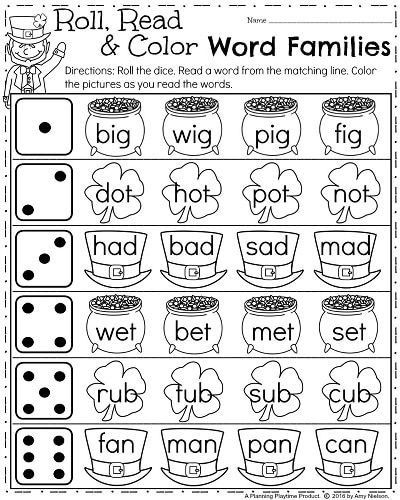
The poetic effect for the listener and reader can be enhanced not only by onomatopoeia, but also by playing rhymes. In this case, rhymes consist of two or more words. At one time, Dmitry Minaev was famous for such rhymes:
Though the odor of your poems is strong,
But the general oblivion is their fate.
Of course, both with onomatopoeia and with the game of rhymes, the poem must be constructed in such a way that the connection in rhymes is interesting, and the meaning can be comical. nine0003
Often poets create verses of the so-called enigmatic form : acrostic, mesostich, tautogram and others.
In acrostic , the riddle of the writer is solved by reading the words from the first letters of the poetic lines.
In mesosich the letters that make up the "mysterious" word are lined up in the middle of the poem.
In tautogram (another name is anaphora), all words begin with the same letter:
Lazy years are easy to caress,
I love purple meadows,
I catch the Levkoys glee,
I catch fragile legends.
Radiant linen lovingly sculpts
Azure caressing forests.
I love crafty lilies babble,
Flying incense petals.
V. Smirensky
Poeters manage to compose verses containing a sequence of words, the initial letters of which make up the alphabet, or verses devoid of any particular letter or several letters. nine0003
The listed techniques are poetic tricks. However, there are more complex poetic tricks, where the whole hidden essence of the poem is based on the special construction of the verse and even the whole poem. Such poetic constructions include hidden verses (crypt verses, or piecewise verses) and palindromes.
The crypt verses (from the Greek "crypto" - I hide) are extremely difficult to perform. These are peculiar mysterious poems, which are an interesting form of poetic cryptography. In them, one must immediately embrace the entire given verse and both of its halves with consciousness. Thought spreads both horizontally and vertically, and care must be taken that, on the whole, its insidious parts are completely invisible at first sight, so that the whole poem has its own integral meaning, and each of its parts, both left and right, would have its own meaning. nine0003
nine0003
Let's illustrate this with an example - read a touching declaration of love:
To keep lovingly "yes" I promised forever...
Can I now live alone in the world?
I will never be a heartless coquette.
Loving you, believe me, is fun to drink to the bottom!
An enthusiastic lucky man in ecstasy rushes to share his joy with a loved one, from whom he has no secrets. But this man is more wise in life: he is a skeptic. nine0003
In our fast-paced age, idealism is rare. A skeptic takes a love letter, reads it, wants to congratulate his friend, and suddenly ... something catches his eye. Something strange ... "Wait a minute, wait a minute," he says, and, to the horror of his interlocutor, without changing a word in the poem, reads:
Keep lovingly "yes"
Can I now
I will never
Love you, believe me!
I promised forever
in the world to live alone,
heartless coquette,
fun to drink to the bottom.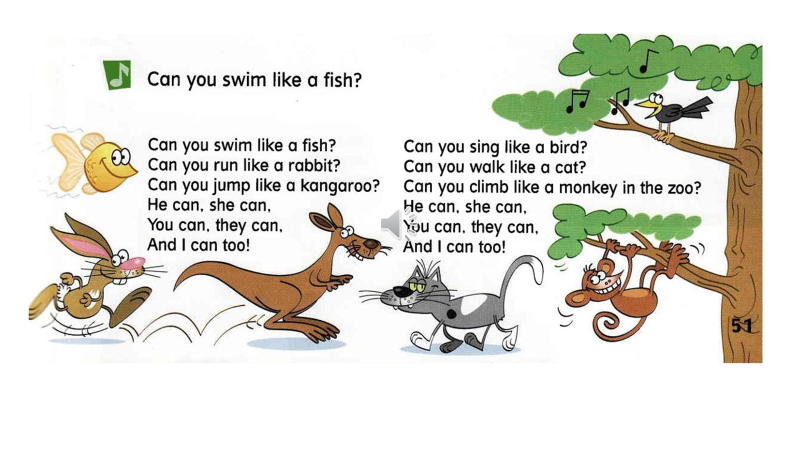
The scene is so amazing that we leave it to the amazed reader to depict it.
Another trick form of versification is palindrome . It is a phrase or verse based not on a vertical reading, but on a horizontal one. They are read the same and with the same meaning on both sides; there are two kinds of them.
The first type of palindrome represents verses that, when read as on the left, and right are pronounced the same. This is the so-called letter palindrome. FROM many people know him:
I am glad, giving,
Darya, I'm glad.
D.I.
Unfortunately, not every such palindrome is endowed with a meaning that does not require comments.
The second type of palindrome is more difficult to create, but also more interesting. It is a poem that is read from the beginning and from the end with the preservation of the same meaning, but not by letters, but by words. The first word of the poem will be its last word, the second - the penultimate, the third - the third from the end, etc.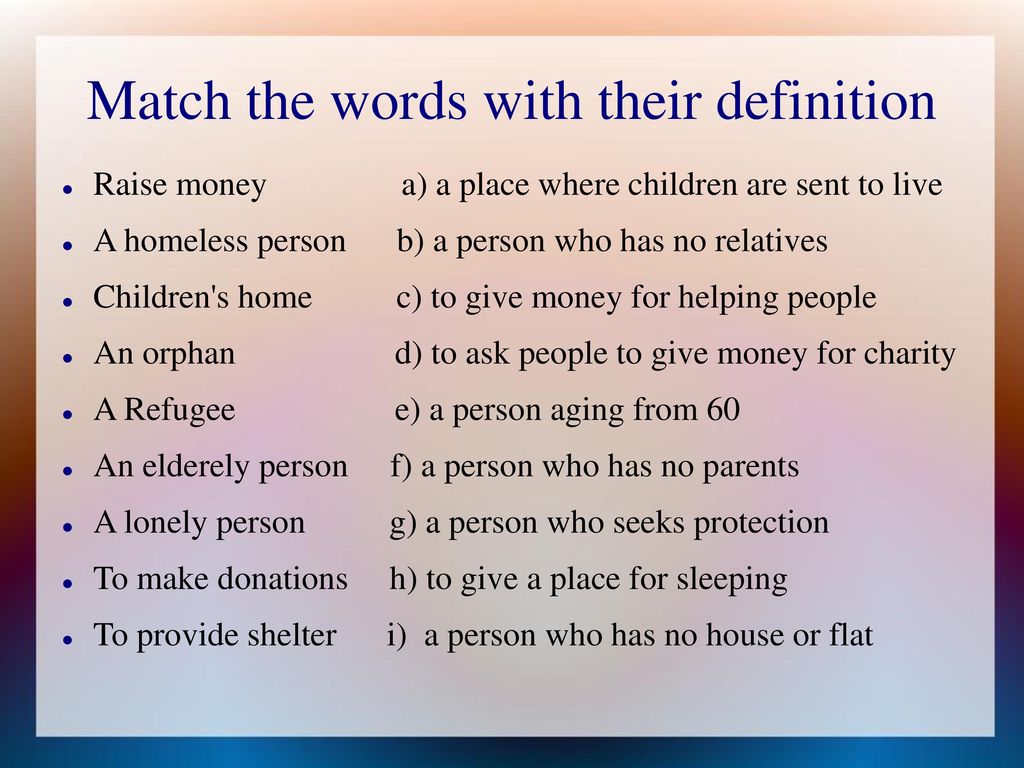 Each word of the poem, therefore, must occur twice in it. If we denote the words of the palindrome with the numbers 1, 2, 3, etc., then the scheme of a palindrome containing, for example, 8 different words, will be as follows:
Each word of the poem, therefore, must occur twice in it. If we denote the words of the palindrome with the numbers 1, 2, 3, etc., then the scheme of a palindrome containing, for example, 8 different words, will be as follows:
1 2 3 4
5 6 7 8
8 7 6 5
4 3 2 1
Here is a remarkable example of a Latin palindrome presented to Pope Pius I in the 2nd century BC. AD
Laus tua, non tua fraus, virtus, non copia rerum
Scandere te fecit hoc decus eximium.
Eximium decus hoc fecit te scandere rerum
Copia non, virtus, fraus tuf nou, tua laus.
In translation, it means:
"Your feat, not a crime, virtue, not wealth, allows you to rise to this exceptional glory. It is not wealth, but virtue, not a crime, but your feat that allows you to rise to this exceptional glory."
[As you can see, the palindrome fully meets the construction requirements. However, the attentive reader will see in it a possible, albeit hidden, meaning.
Let's try to read its second part, placing punctuation marks in it a little differently:
Eximium decus hoc fecit te scandere rerum
Copia, non virtus, fraus tuf, nou tua laus.
Let's translate the result:
"To this exceptional glory, wealth, and not virtue, your crime, and not your feat, allow you to rise."
What is it? Whether the pope guessed about such a possible metamorphosis of the text, we will probably never know, but it is obvious that the author of this poetic miniature was an inventive person. - nine0015 Yu.M .]
Through the game of rhymes, you can build any poem. But such verses are also possible, the very essence of which depends on rhymes. These include monorim . In this form, the entire poem is built on one identical rhyme (reeds - breathe - silence - hurry - wilderness, etc.). Beautiful monotonous rhymes, repeated in greater numbers than in the ordinary number habitual for hearing (two or three), can create a truly artistic impression:
nine0021 Heart rejoicing and tormenting,
Mournfully quiet, melodious
They roar, they roar of monotony . ..
..
That is not thunderous lightning
Red-flame burning...
Not the fires of the seething sea...
Dawns scarlet, burning...
These are flying sparks
Mournfully quiet, melodious
Single flowers - monotones.
Vl. Lebedev
Poems can be composed in the form of well recognizable objects. Such poems belong to subject form poetry . It originated in ancient Rome. And the examples of such poems, in their appearance along the framing contour, corresponded to what was described in them: an ax, an ax, wings, an egg, a goblet, a cross, a palm tree, a tower, a trapezoid, a pyramid.
The "secret" of subject poems lies in the exact distribution of poems of various length, determined by the contours of the chosen form. It is desirable that the content poems went in unison with the purpose or properties of the subject. For example, by about the appearance of this book, its author wrote a joke-prospect in the form of a garden vases. This advertising-joking poem, placed in a "vase", mentions some forms of poetry, which are described in the book (burime, "echo", logogriff etc.):
This advertising-joking poem, placed in a "vase", mentions some forms of poetry, which are described in the book (burime, "echo", logogriff etc.):
Poets respond to all phenomena of life with verses and poems of any form and length.
So, often in collections of poems you can find a poem with a sharp thought - epigram . In modern poetry, the word "epigram" denotes a mockingly satirical (sometimes - "poisonous") poem addressed to a certain person. The advantage of epigrams is the brevity of the verse and the accuracy of the "prick". We give examples of epigrams.
Tip
You are cold and empty: winter is in your verses.
To give them heat, warm them in the fireplace.
P. Kozlov
Na Karamzin
In his "History" elegance, simplicity
They prove to us without any partiality
The Necessity of Autocracy
And the charms of the whip.
A. Pushkin
As opposed to the lightness of the epigram, there is a special form of verse devoted to reflection and maxims.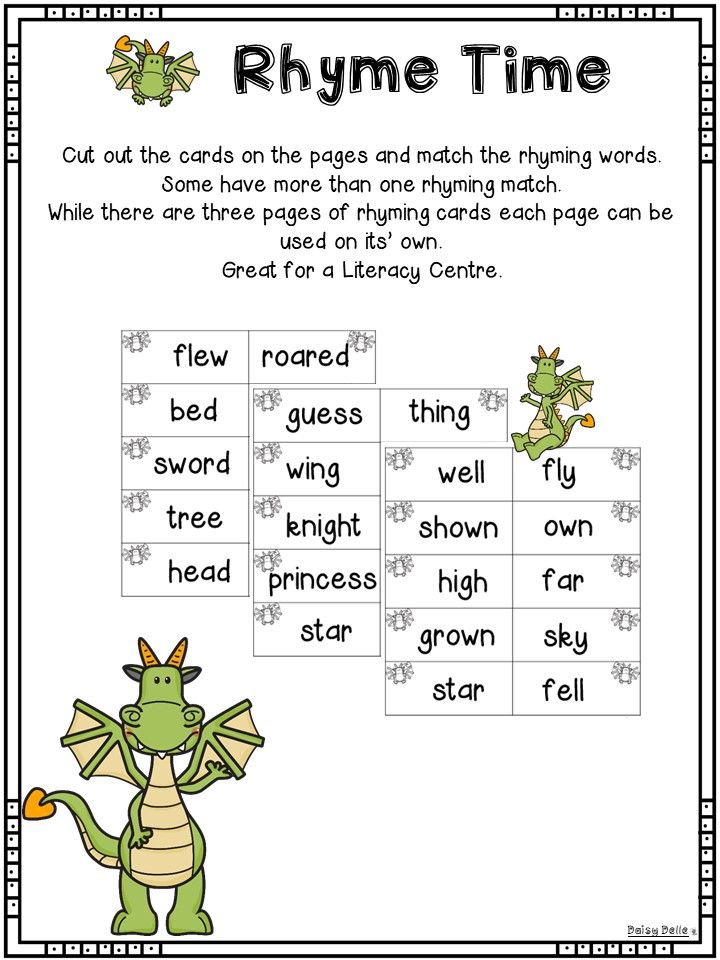 This is dwarf , a poem expressing some thought, mainly in the moral field, and consisting of one or more couplets. Examples:
This is dwarf , a poem expressing some thought, mainly in the moral field, and consisting of one or more couplets. Examples:
Don't marry a brightly shining beauty:
The torch irresistibly draws moths to itself.
A. Semenov-Tyan-Shansky
In the world, always say goodbye to a person, because you don’t know -
It's not the last time you see him in your life.
N.N.
Poets do not disregard both joyful and sad events. In connection with the death and burial of a person in poetry, there is a special form of poetry - epitaph , i.e. an inscription on a monument. Its content is praise for the deceased, reasoning, moralizing, addressing a passerby, etc. Often epitaphs are written from a person buried under a monument. So, at the Volkov cemetery in St. Petersburg there is an old monument, the poem on which begins with the words:
nine0021 Passerby, you are coming,
But you lie down like me...
There are also humorous epitaphs.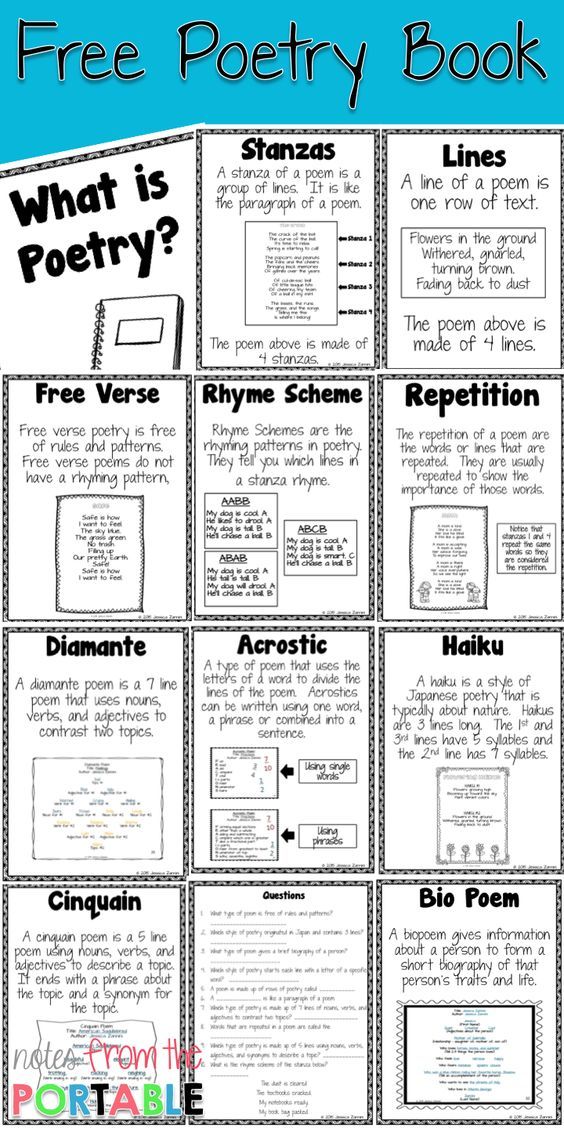 At the Okhtensky cemetery there was a monument erected after cholera in the 30s of the 19th century. The epitaph on it was:
At the Okhtensky cemetery there was a monument erected after cholera in the 30s of the 19th century. The epitaph on it was:
I spoke correctly:
Don't eat berries, Ilya.
You didn't listen to me -
I ate all the berries.
So you died, Ilya!
I spoke correctly...
But let's get back to life.
All poetic forms that we have considered require both time and labor for implementation. But there is one form that is created, or at least should be created almost instantly. This is impromptu .
This name is given to poems written immediately on occasion and very quickly, without preparation. Here is a wonderful impromptu of A. Pushkin, indignant at the fact that he was sent to work to conduct the "case of locusts." Piles of government papers could not have clarified this case better, as Pushkin found out with his inherent genius, writing the following on the cover of the "case":
Locust flew, flew
And sat down.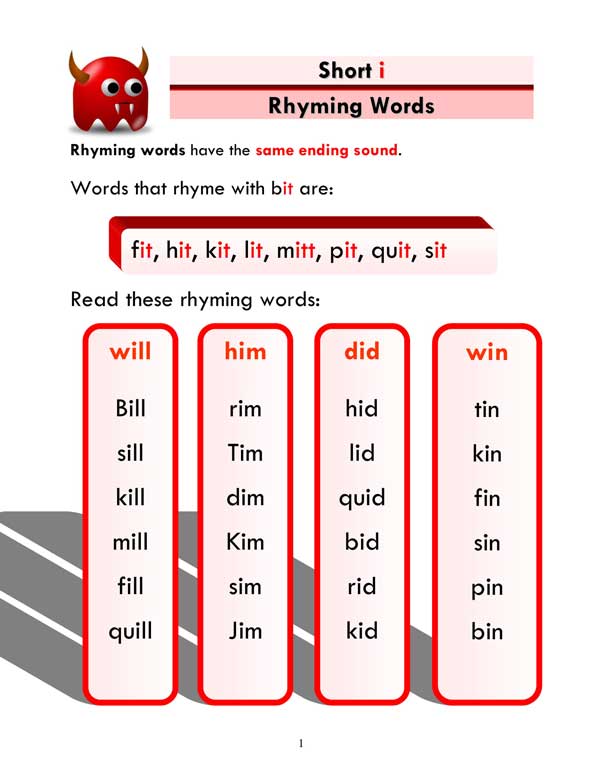
Sat, sat, ate everything
And flew away again. nine0022
Let's complete our short digression into the field of entertaining versification with a humorous form of poetic creativity - parody .
Parody is appreciated and loved by both readers and listeners.
The name of the parody comes from the Greek parados - singing inside out. Most likely, parody developed from satirical farces, which were given for the pleasure of the public in Ancient Hellas after the end of serious tragedies and where their content was often ridiculed. nine0003
The essence of parody (not to be confused with an epigram! - see above) is that the parodied serious work more or less retains its form, but the content is changed, which is why the thoughts and images of the main work, when applied to the new content, begin to acquire a comic shade. The main purpose of parody, of course, is mockery, although it is good-natured, but often parodies are of great benefit to the authors of serious works, pointing out to them some shortcomings or monotony of methods that they would not have noticed without parody. nine0003
nine0003
For parody, either a well-known author (at least for a given moment) or a well-known (at a given time) work of his is chosen, and the parody must constantly retain the techniques of the work of the parodied author so that he is immediately recognized by the parody, even if when his name is not given. To be offended by a parody is possible only with sick pride. Usually a talented parody glorifies the person being parodied even more and, in any case, cannot offend or humiliate a genuine talent. nine0003
Art parody Anna Akhmatova
I will light my last stub,
Unravel the meaning of dreams
And I will send you a terrible gift -
Letters from all my suitors.
After all, one and now with me
Walks in pajamas in the morning,
And another
left yesterday On the boat along the Kama.
E. Gerken
Parody of Vladimir Mayakovsky
Naughty - for me
Eat a fig! -
Parody will not come out,
I'll write it myself.
Or you don't feel,
What is my nature?
Where will you look,
With what torment
Drums and noise
Pants?
Don't you dare buy anywhere,
Except GUM!
I buy
myself And others recommend
Button for underpants;
Prices published daily
42-18 -
Telephone.
I would like to go to GUM as a clerk,
I would sell all the boxes!
L. Borisov
For a cheerful poet
This book appeared -
New "university"
Light Muses,
Mind games,
Burime,
Laughter
"Echo",
Maidens of Myth
Logogriffa,
Epigrams, charades and jokes
For unoccupied minutes -
Who looks at things strictly, there is a lot of instructive
He will find in this book, dressed in a cloak of fun.
See same issue
Y. MOROZOV - Entertaining versification by N. N. Shulgovsky
Versification-4. Why is rhyme necessary? | Culture
Go to the previous part of the article nine0003
Sound repetitions are the most common in poetry.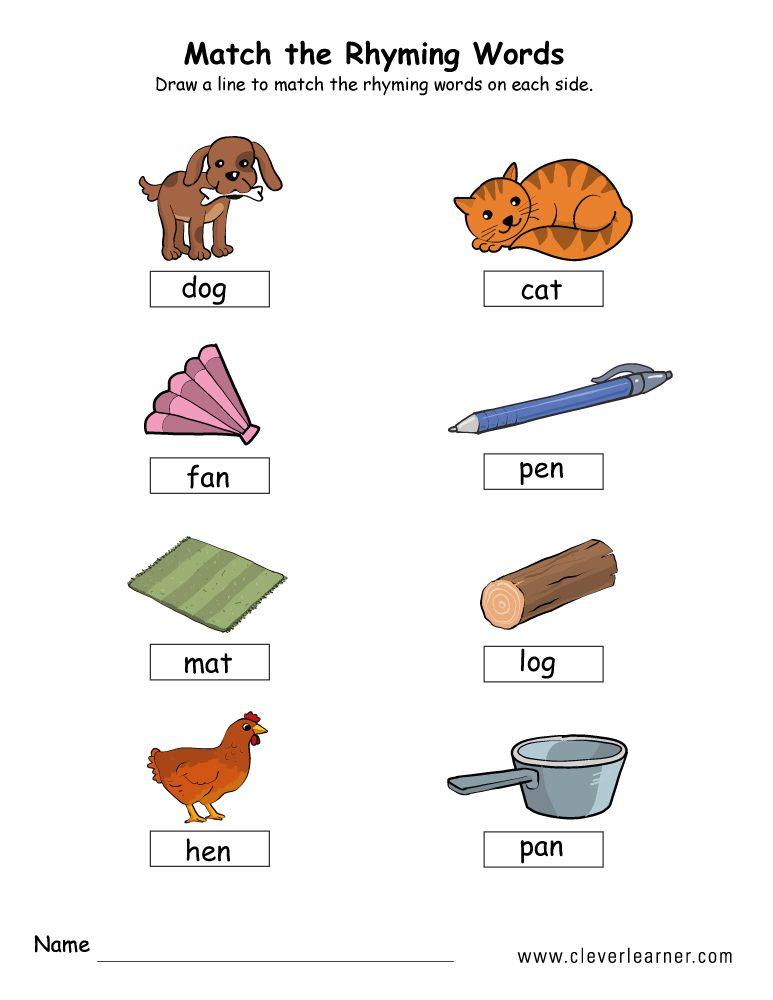 Words, as it were, echo each other, are connected with each other not only by meaning, but also by phonetic similarity. Standing out sharply against the background of other words, overlapping words become more expressive and meaningful.
Words, as it were, echo each other, are connected with each other not only by meaning, but also by phonetic similarity. Standing out sharply against the background of other words, overlapping words become more expressive and meaningful.
The most effective sound repetition, of course, is rhyme - cement on the rhythmic frame of the poem. The rhyme firmly binds the lines, taking both the poet and the reader with it. The poet, as it were, is looking for where - to which word, image - his expected consonance will lead, and the reader is already set to receive this consonance from the poet, as the final aesthetic prize. K. E. Makovsky, “Poetry. Panel-picture for the concert hall hugging S.P. von Derviz in St. Petersburg, 1886
Photo: artchive.ru
It's hard to believe, but rhyme - a feature of a poem so familiar to us - appeared in world poetry rather late.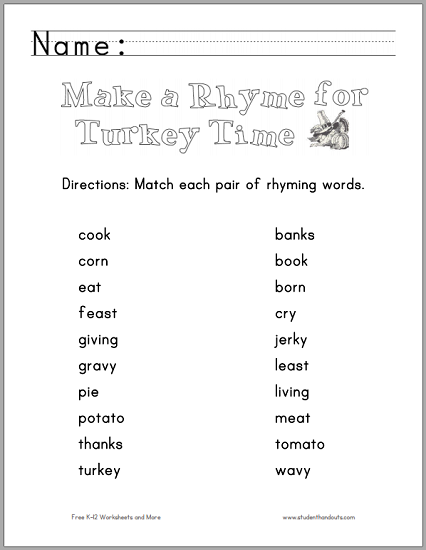 The ancient Greek "Iliad" and "Odyssey", the Anglo-Saxon epic "Beowulf", the Finnish "Kalevala", the old French "Song of Roland" and much more are written without any rhyme. Arabic poets were among the first to use rhyme (somewhere in the 7th century). Then the troubadours of Provence took over the baton, and in their hands rhyme flourished, although it did not supplant unrhymed verse. nine0003
The ancient Greek "Iliad" and "Odyssey", the Anglo-Saxon epic "Beowulf", the Finnish "Kalevala", the old French "Song of Roland" and much more are written without any rhyme. Arabic poets were among the first to use rhyme (somewhere in the 7th century). Then the troubadours of Provence took over the baton, and in their hands rhyme flourished, although it did not supplant unrhymed verse. nine0003
Classical Russian poetry generally began with rhyme and is not going to part with it. At the same time, many Western poets have long turned up their noses at rhyme as something vulgar and banal. It must be said that such thoughts about versification visited Pushkin in our country.
V. A. Serov, "A. S. Pushkin on a garden bench, 1899I think that over time, we will turn to blank verse. There are too few rhymes in Russian. One calls the other. The "flame" inevitably drags the "stone" behind it. Art emerges from feeling.
Who is not tired of "love and blood", "difficult and wonderful", "faithful and hypocritical", and so on. nine0030 A. Pushkin "Journey from Moscow to St. Petersburg"
Photo: artchive.ru
Almost a hundred years have passed and the great innovator Mayakovsky, although he threw all his strength into the fight against banal rhyme, categorically refused to get rid of the rhyme itself.
You, of course,
know the phenomenon of "rhyme".
Let's say
line
ended with the word
"father",
and then
through the line, 9Repeating 0030 syllables, we put
some kind of
:
lamzaritsa-tsa.
Speaking your way,
rhyme -
promissory note.
Consider every other line! -
here is the order.
And you are looking for
small things of suffixes and inflections
in an empty box office
declensions
and conjugations.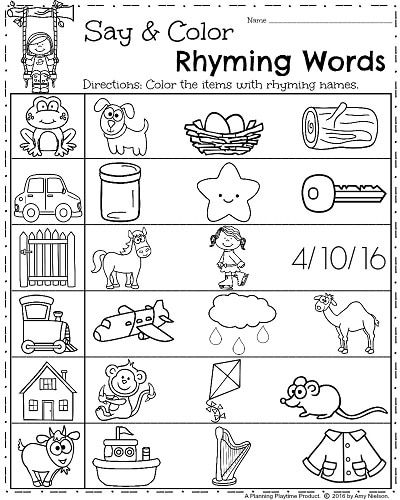
... In our language,
rhyme -
barrel.
Barrel of dynamite. nine0030 Stitch -
wick.
The line smokes,
the line explodes, -
and the city
flies into the air
in a stanza.
Where can you find,
at what rate,
rhymes,
so that they kill at once, aiming?
Maybe
heels
unprecedented rhymes
only remained
that in Venezuela…
V. Mayakovsky
A. M. Nurenberg, “Mayakovsky”, 1929… without rhyme the verse will crumble. The rhyme brings you back to the previous line, makes you remember it, makes all the lines that form one thought keep together. nine0030 V. Mayakovsky “How to make poetry”
Photo: artchive.ru
But what is this familiar rhyme?
- In a broad sense, rhyme is understood as a certain complex of sounds repeated in lines in the same position.
In a narrow and more familiar sense, this is the repetition of similar consonances at the endings of lines (it was not without reason that in the old days rhyme was called "territory agreement").
It is very important that it is the consonances (phonemes) that should repeat and coincide, and not the letters. Otherwise, you, like Dunno, will start to rhyme herring stick . For a good rhyme, letter coincidence is unimportant: "to believe - a tree", "a kite - thrown" . In Russian, stressed vowels must first coincide, and only then all other sounds as they move away from the stressed vowel. The more these coincidences, the more accurate the rhyme.
Photo: Sergey Kuriy, collage
For example, "height - head" . The stressed vowels match here, but the consonants do not match well, so the rhyme fails. Rhymes sound much better "height - golden" or "height - beard" . Even better sounds "height - beauty" , where even more sounds match.
It is important to note that after the stressed syllable, the coincidence of sounds is no longer so important: "Relentlessly - under the bridges", "you do not need - a pearl" . The last sounds do not match here, but no discomfort is felt by ear. nine0030
It is especially good if many sounds match up to the stressed syllable - "head - naked" , "oath - squat" . Hissing consonances are perfectly combined in rhymes - "powder - discarded - leather" . In this example, it is easy to see that the middle rhyme is transitive. It rhymes perfectly with both others, while “powder-leather” blends worse. nine0003
Now consider the variety of rhymes and their classification.
- So, if the rhyme ends with a vowel sound ( "tear - thunderstorm - heaven" ), it is called open .
If consonant ( "sunset - peal - agate" ) - closed .
Rhymes are also distinguished by the position of the stressed syllable from the end of the line. nine0030
- If the stress is on the last syllable, the rhyme is called masculine ( “muzhik — tajik — coachman” ). If on the penultimate - female ( "lady - mama - drama" ).
The combination in one poem of a sharp male rhyme with an accent at the end of the verse and a gradually “fading” female rhyme gives the poem rhythmic expressiveness: nine0003
I love my homeland, but with a strange love!
My mind will not defeat her,
Neither glory bought with blood,
nor peace full of proud trust ...If the rhyme is on the third syllable from the end, it is called dactylic ( "dAktyl - pterodAktyl", "mArevo - glow" ).

A. A. Naumov, “Belinsky before his death (Nekrasov and Panaev at the sick Belinsky)”, 1883 Photo:Sow reasonable, good, eternal,
Sow, thank you heartily
The Russian people…
N. Nekrasov
.ruCan the stress be on the fourth or fifth syllable from the end? - you ask. Maybe, but this rhyme is rare and requires good diction when reading. It is called hyperdactylic ( "pleasant - falling", "beats - turns" ). Here is an example of a poem by V. Bryusov, where the stressed syllable is already the fifth from the end.
Cold, the body is secretly binding,
Cold, the soul is charming.
Rays are stretched from the moon,
Needles are touched to the heart.Many of us are used to the fact that rhymes are located at the ends of lines (they are called - final ). It is thanks to them that the end of the line is emphasized not only by a pause, but also phonetically.
And rhyming words at the end of lines take on greater significance. nine0030
However, the beginnings of lines can also rhyme - then this rhyme is initial . It often comes across in folk poetry, although the ends of the lines do not rhyme.
They ate they were full,
They got drunk they were drunk,
The heroes began to rest here to keep rest,
The heroes slept here three days.
… All birds flew away beyond the clouds,
All animals fled beyond the dark forests.Even more refined are internal rhymes when words rhyme with each other in the middle of a verse or with an end rhyme.
Alexander Blok.
.. Desert life, homeless, bottomless ...
A. Block
Photo: ru.wikipedia.orgIn sweat - writing , in sweat - plowing !
We are familiar with a different zeal:
A light fire dancing above the curls —
A breath of inspiration !
M. TsvetaevaAnd here is an excerpt from A. Blok’s poem “12”, where all the words rhyme in two lines: nine0003
Gentle tread over the blizzard,
Snowy scattering of pearls…Write down the poet these lines like this:
Gentle
Step by step
Overwind,
Snowy
Loose
Pearl .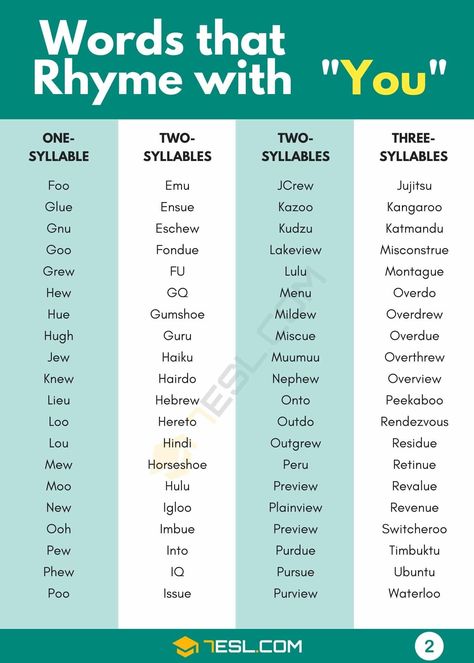
Learn more

